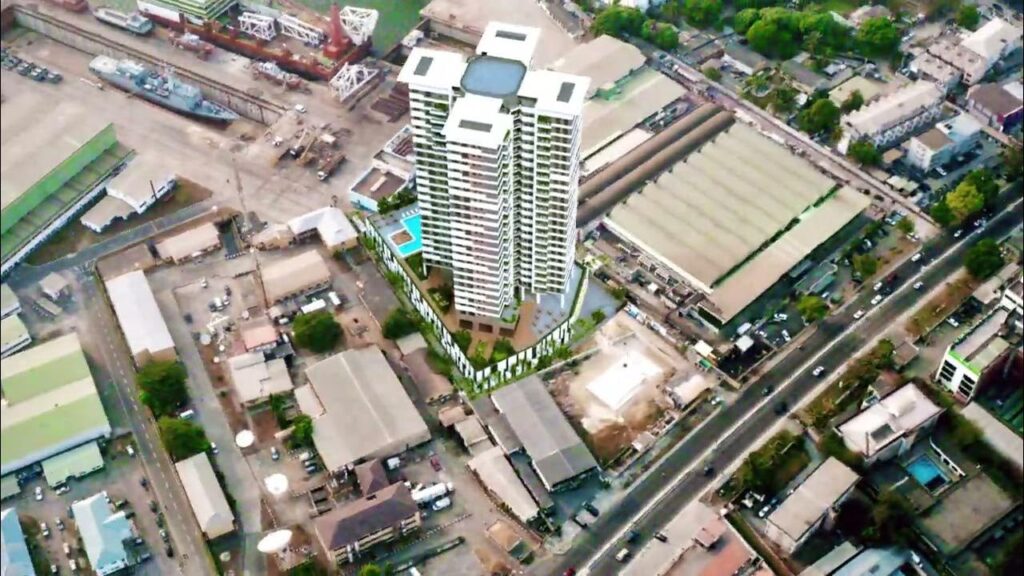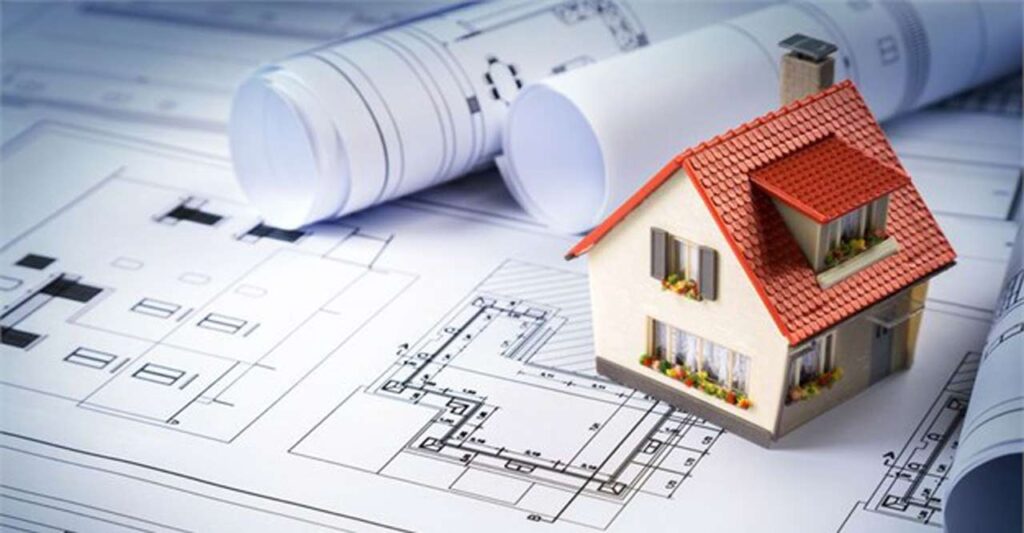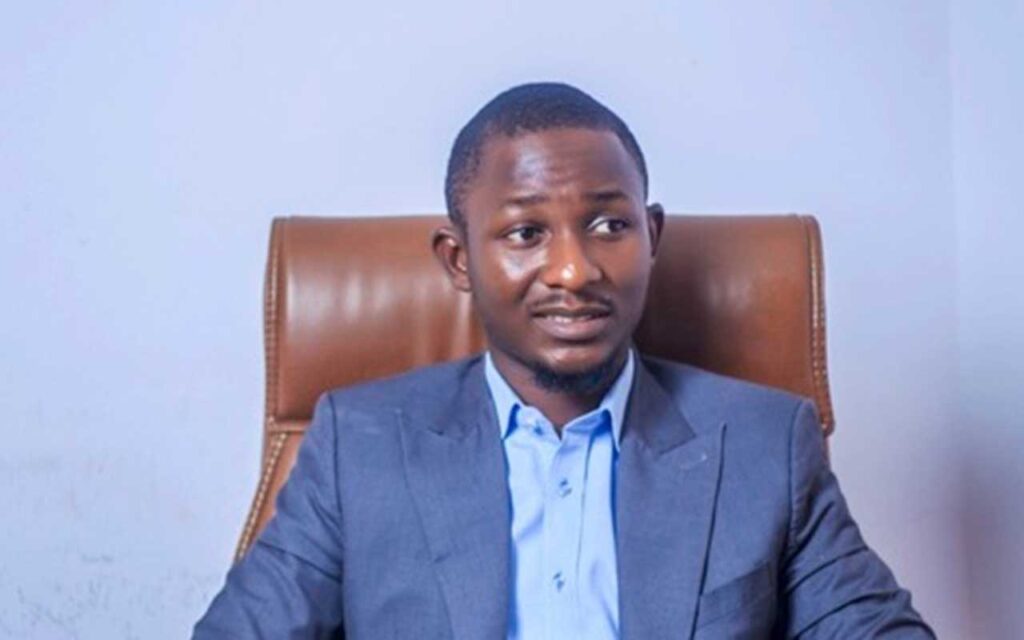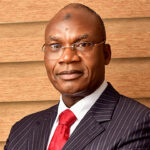
Mrs. Funmilade Akingbagbohun is the national chairman, Nigerian Institution of Mechanical Engineering (NIMechE). She spoke to VICTOR GBONEGUN on ways to improve teaching and curriculum of engineering and how practitioners can contribute to industrial and economic growth.
According to UNESCO, engineering has been, and will continue to be challenged by designing systems that facilitate education and healthcare, enhance quality of life, and help to eliminate global poverty. What are the roles for mechanical engineers towards achieving Sustainable Development Goals (SDGs)?
The role of mechanical engineers in achieving Sustainable Development Goals stems from the fact that mechanical engineering is the bedrock for all engineering fields.
Mechanical engineers must serve as solution providers and resource with which to meet basic human needs and promote sustainable development in such areas as water supply and sanitation, food production and processing, housing and construction.
Based on the challenges of our immediate society, the level of our technology can only be improved when our teaching and curriculum is reviewed. Hence, our approach as mechanical engineers towards research must change from the basic research concept to applied research concept.
This would not only improve the academic sector but also hasten the rate at which problems are solved by mechanical engineers in the society, thereby bringing sustainability. More so, failure of engineering component is always attributed to design.
There is need to improve the design of engineering systems to enhance its sustainability, while in service. The impact of the developed product must be felt in terms of green technology.
What are you doing to improve engineering teachings and curriculum in tertiary institutions?
The demand for competent engineering graduates from Nigerian Universities is high , and meeting that demand depends on the effectiveness of the curriculum. There is need for a functional engineering system, which is anchored on the key interacting elements of a curriculum. These elements include, what to learn, how to teach it, the means of instruction, the feedback on what has been learnt, the implementers and the learners.
The UNESCO report observed that colonial governments establish most engineering facilities in Africa and various curricula and engineering education system were modeled as such. This has possibly affected the appropriate structuring of the curriculum to meet the immediate growing needs of the people.
The curriculum specialists can help in harmonising the views and experiences of the key players. It must be emphasised that serious consideration of the society in which the curriculum will be used is very important. In fact, for a curriculum to be functional, it should be society sensitive. It must foster worthwhile ideals and values of a society and should enable that society to progressively attain its social, economic and political goals.
Therefore, in developing engineering curriculum for Nigerian engineering students, the environment in which the products (engineers) and services will be applied must be taken into account.
Collaboration between the university and the industry can come in form of industry-sponsored research and grants, exchanges of researches, direct hire of students and graduates, joint research and conferences, short courses and others.
Unfortunately, in Nigeria, this is not the case; the level of partnership between the two parties is insignificant.
Societal problems that require engineering solutions are not static; they are dynamic and time variant. Hence, as technologies obtainable in the industries change, the contents of curriculum obtainable in our academia should as a necessity change.
The implication of the above is that the curriculum should not be rigid, unlike what is obtainable in most of Nigerian universities. It should be re-examined and necessary modifications effected.
Engineering courses are considered hard to learn and most lecturers jump into explaining the concepts and solving the equations without any form of set induction because they consider it trivial, a waste of time or even meant only for students studying education.
It must be noted that an engineering student can be likened to an engine, which when you want to operate it, requires that you put it on and allow a given time for it to warm up.
Therefore, an engineering lecturer should start his lecture with a set induction. He may start by giving one exciting but related quotation relevant to what is to be taught so as to prepare the students for the course.
This requires that the lecturer must prepare on time on how to introduce the topic so as to arouse the interest of the students.
Besides, it is important to reiterate here that the number of student’s being admitted to study in engineering departments should be reduced to a manageable number to enable learning to take place properly.
In this regard the Nigerian Universities Commission (NUC) should be very strict on staff to students ratio during their accreditation visitations.
Patronage of locally engineered products is very low. What should policy makers do to enforce compliance with local content regulations?
Regrettably, we don’t patronise our locally made products and that is a big challenge to our production sector. Patronage of made-in-Nigeria products by the Federal, State governments and their agencies as well as individuals, would provide the market for our industry and encourage the establishment of new ones.
It will set an example to the general public, indicate government’s commitment to industrialisation and job creation and also provide a partial shield to competing products from abroad.
Almost all countries in the world, including Nigeria, have a policy, which mandate patronage of local products. However, the implementation of the patronage policy in Nigeria is patchy.
The capital budgets of the Federal and State governments could sustain many industries. Many governments use their procurement process to develop and sustain their industry through patronage of local products.
Where local expertise is lacking, it requires the foreign contractor to partner with a local industry in similar fields to assemble the product(s) locally; or give the contract to a local industry in similar fields, who will then collaborate with a foreign company with the requisite expertise.
Mechanical engineering is a versatile profession with many prospects. How can your members stimulate industrial and economic growth in the country?
The roles of mechanical engineers are numerous as elucidated by the SDGs. In fact, mechanical engineers must be able to stimulate industrial and economic growth in terms of producing machines; design and infrastructure that would help manage increasing population, pollution and mitigate aggression.
They should help to improve social equity, economic viability of designs, environmental protection and sustainability.
How should mechanical engineers improve research in the academic sector and hasten realisation of the infrastructure development in the country?
The professional bodies as well stakeholders in education sector have to work in synergy. After the completion of their formal education, professionals who aim to go far in their career must undertake continuing professional development.
This form of postgraduate education is not as structured as the formal education but are effective in assisting members become well rounded professionals. NIMechE, like other serious professional bodies is also involved.
The Council for the Regulation of Engineering in Nigeria(COREN) and Nigerian Society of Engineers (NSE), is both making efforts to ensure that Mandatory Continuing Professional Development (MCPD) are taken seriously. For instance, COREN is working on a policy to ensure that MCPD is a part of requirements needed for COREN license renewal.
The council has also begun sensitisation awareness on its Outcome Based Education(OBE). OBE is expected to address the persistent skills shortage whereby academically sound engineering graduates are unable to express practical functionality on the jobs as a result of the disconnect between what is taught and that which is expected of them on the field.
The situation in the country, where our youths are erroneously labelled as unemployable is undignifying and unacceptable to us, especially with many of our lecturers putting so much effort into training the future mechanical engineers with so little resources and under constrained environment.
What is more, these graduates are taken abroad and offered opportunities to express themselves on the job. There is therefore, no unemployable graduates in our view rather, untapped potentials and lack of opportunities.
Welding Academy is a part of our efforts to equip our graduates with practical skills needed to compete in the industry and contribute into the national development of our country.
We have observed through various comments and requests by industry stakeholders that there is a huge gap in the sector that needs to be filled urgently if we must contribute to national development.
As the new chairman of NIMECHE, what are your plans to improve the profession and welfare of members?
As engineers, we are trained and better prepared for innovation at times like this. The great Philosopher Scott Adams once remarked, “engineers like to solve problems.” This assertion will form the basis upon which my leadership would ride to advance our institution and turn every challenge into opportunity and every opportunity into success.
Some of the programmes plans for the duration of this administration include training and workshops and we will double efforts at Continuous Professional Development (CPD) as it is the key to staying competitive in the industry especially as technology changes rapidly.
New products emerge to fill the increasing change in consumers’ tastes. Workshops and trainings will be organised in collaborations with chapters, to encourage standardisation. We intend to embark on knowledge exchanges in emerging technologies for members.
NIMechE will introduce a process that enables members make complaint or suggestions to improve our services. Also, membership drive will rest on three pillars; improved service to existing members, encouraging passive members to be active and opening doors for new members. Our Spouses will benefit from our association, as we will continue to give them prominent roles in our Institution. A more effective coordination will be provided to achieve collective goals.
We recognise that some chapters are facing operational challenges and would need our support. We shall develop joint programmes and encourage our chapters to operate in line with the operational guidelines for divisions as released by the Nigerian Society of Engineers.
Increasing emphasis will be placed on technical contents like codes and standards and technical sessions, community and rural development and members’ welfare.
The national codes and standards committee will be expanded and also sub-grouped into regional sections to ensure national coverage. It must be emphasised that one of the primary duties assigned to divisions is codes and standards development. Our administration will be working hard to ensure the new national committee will cover all chapters with each chapter expected to nominate at least one member.
Under my administration, the goal is to make our journals available to more members. We shall upload some of the older materials on our website while we publish updated contents and made them available to members nationwide.
We shall sustain the culture of the Institution’s Annual Mechanical Engineering Distinguished Annual lecture (MEDL).
To create a sense of belonging, motivation and encouragement, we would be creating different forms of award and recognition. My Leadership will be working towards starting a forum of engineers in business.
This network will be inaugurated later in the year at a business forum to be organised by the Institution. It will be in partnership with reputable business organisations. This gesture will benefit our members and support those with active skills to find partners or start an entrepreneurial journey.
We will also deepen relationship with Nigerian Society of Engineers (NSE) and participate in uplifting our profession. The operational guideline for divisions will be our watchword just as our internal operation is sustained.
The NIMechE strategic development master plan is to position the profession for the future and open international opportunities for members. My administration would be partnering with relevant organisations both within and outside to create an industrial mechanical village that would house an industrial academy for young graduates, research and innovation unit, machine shop for fabrication and a conference centre.
As part of our determination to foster relationship with government agencies and private sector, my administration will partner with some agencies to execute mutually beneficial professional projects.
We intend to digitise our registration process and payment will be done. Video conferencing will be introduced as part of efforts to reduce travel time for those who need to have direct contact with our administrative officers.
We plan to develop the e-Library as well as increase the quality and quantity of books available. We will also appreciate our elders and leaders sharing old pictures relating to NIMechE history that can be included as part of our virtual mechanical engineering database, which will preserve their legacies for generations to come.
With the support of the Royal Academy of Engineers, NIMechE has developed a gender and diversity policy. Our institution became the first engineering institution in Nigeria to achieve this.













